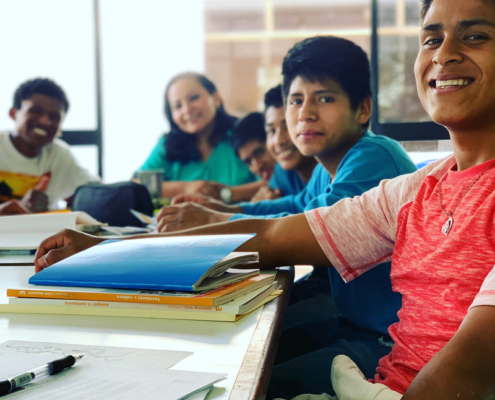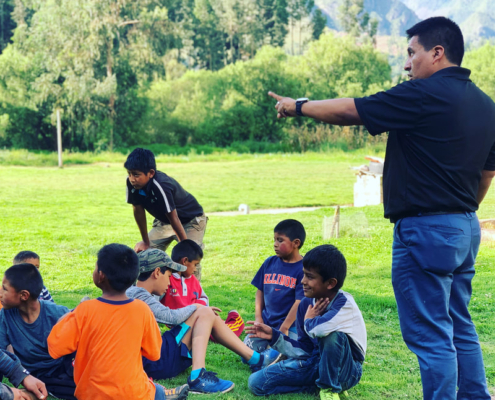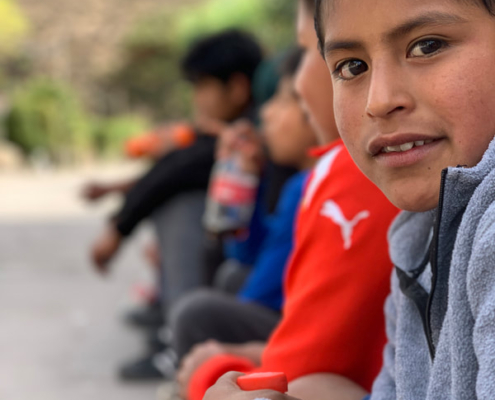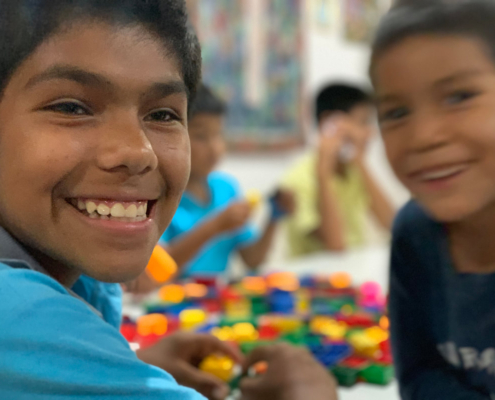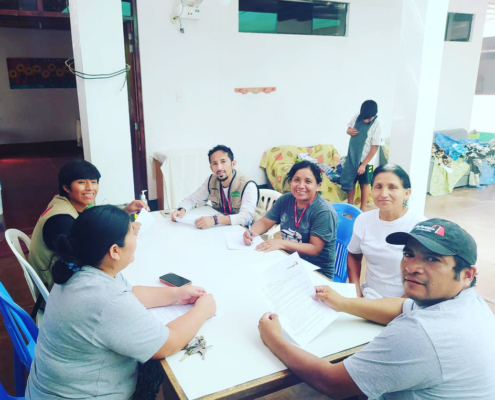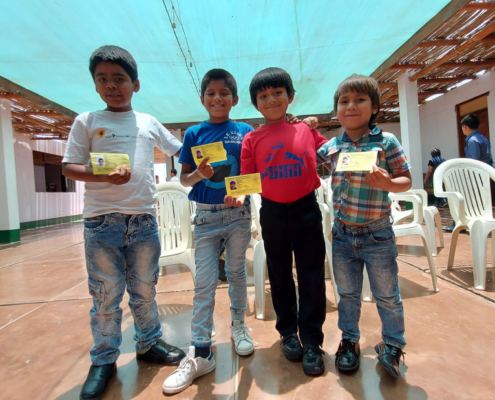Building A Child Empowerment Framework for All
In my last post, I talked about our reawakening. The pandemic, despite being a period of crisis, gave us a chance to reflect on our work in Perù’s child welfare sector and recognize our unique position to be more of service to others.
From the coalitions we established with partners to serve street youth, to our efforts in supporting abandoned boys at Casa Girasoles, we’ve seen that child welfare practices and therapies grounded in science and evidence help youth build the resilience and emotional health they need for better life outcomes, such as healthy relationships and stable jobs.
In traversing Latin America’s child welfare sector these past 25 years, we’ve encountered and worked with various state-run programs, faith-based ones, and nonprofit-led projects. Through them, we’ve seen firsthand different methods and models to care for children living in residential care facilities, group homes, or child-welfare services. Some borrowed from science-backed or evidence-supported interventions, while others adopted unique approaches.
Despite the positive impact of these groups, a number of them worked in isolation and efforts were not connected to broader services delivery. There was no child services framework to consolidate these valuable resources and best practices, which other well-intentioned organizations could tap into. The absence of a structured model between facilities means that many youth may leave their care without a clear plan for their future and have a higher risk of bouncing between residential care settings and unstable—even abusive—home environments.
We had to act to fill this gap. Now, fueled by the need to bridge and elevate child services, our team set its sights on our Center of Excellence to bring the science to the people who do the work: the caregivers and institutional care providers who directly work with children in residential facilities.
The Girasoles Sanos Center of Excellence model, Health Bridge’s newest research program, aims to develop a framework on evidence-based practices that will reshape care and support services for youth and adolescents in residential care settings in developing countries. We’re currently working with the Sidney Kimmel Medical College of Thomas Jefferson University in the US and the Universidad Católica Santa Maria in Perú on a five-year study (2021-2026) to develop a model that can be scaled to other child care facilities focused on serving marginalized youth. The Girasoles Homes, which we continue to run for formerly homeless and abandoned boys, will be at the core of this research. The homes will serve as the base of the Center of Excellence program and be incubators for best practice and training facilities that can offer technical assistance to other NGOs, government agencies, and programs.
The study, split into phases, seeks to better understand the complex needs of service providers, administrators, and children. The first phase will be a 12-month effort that will focus on the training of Girasoles staff on evidence-based child welfare interventions. The remaining phases will evaluate the effectiveness and impact of phase one’s training model and strategies on child outcomes. Throughout the project, we will consult study participants on refining activities and materials to best support their unique culture and community dynamics.
We expect our research to yield a Center of Excellence Training Toolkit for caregivers and health professionals. This will provide a consolidated set of evidence-supported best practices and guidelines for organizing the activities, built-environment, staffing and services delivery in child welfare and care facilities in developing and middle-income countries. We also aim to establish an advisory group of diverse international experts, all with backgrounds in child welfare and family support services.
Once the study is complete, we aim to share our findings with the government of Perú, encouraging them to adopt the Center of Excellence as the standard by which all programs are set up and administered. Given their vast reach and resources, they are in the best position to contribute to our endgame of overhauling and reshaping child support services from a welfare-based model into a whole-child empowerment model.
We will also share the model with other youth programs and organizations and, through the advisory group, help them adopt it in culturally humble and informed ways. We recognize there is no one-size-fits-all approach to complex challenges – we are not seeking to use simple solutions for complex problems. Rather, we are seeking to provide a proven structure that can be replicated, standardized, and scaled. A model that will ensure children have access to the future they so clearly deserve.
It has been inspiring to see these developments slowly and steadily rise through the efforts of so many people – all to help make sure children will always be empowered with health, hope, home, and purpose. We’ll be sharing more exciting updates about our Center of Excellence in the coming months.

